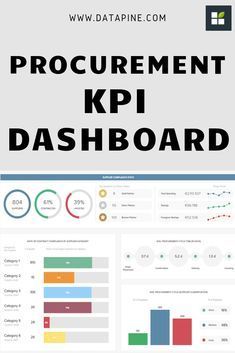A procurement analyst is a professional who is responsible for analyzing supply chain data and making recommendations for cost-saving measures. The analyst is also responsible for ensuring that the company is getting the best value for its money when it comes to purchasing goods and services.
The Role of a Procurement Analyst
A procurement analyst plays an important role in the purchasing process. The analyst is responsible for analyzing data related to the supply chain, such as costs, availability, and quality. They use this data to make recommendations about how the company can save money and improve efficiency. The analyst also helps to ensure that the company is getting the best value for its money when it comes to purchasing goods and services.
Skills and Qualifications
To be a successful procurement analyst, one must have strong analytical skills and be able to interpret data. The analyst must also be able to think strategically and have a good understanding of the supply chain. Additionally, the analyst must be able to work with vendors and negotiate contracts. A bachelor’s degree in business, economics, or a related field is usually required for this position.
Job Responsibilities
The primary responsibility of a procurement analyst is to analyze supply chain data and make recommendations for cost-saving measures. The analyst is also responsible for researching potential suppliers and negotiating contracts. In addition, the analyst must be able to track and monitor the supply chain process and ensure that the company is getting the best value for its money.
Analyzing Data
The analyst must be able to analyze data related to the supply chain. This includes data on costs, availability, and quality. The analyst must be able to interpret this data and make recommendations for cost-saving measures.
Researching Suppliers
The analyst must be able to research potential suppliers and negotiate contracts. This includes researching suppliers, negotiating prices, and ensuring that the company is getting the best value for its money.
Tracking and Monitoring
The analyst must be able to track and monitor the supply chain process. This includes ensuring that the company is getting the best value for its money and that the supply chain is running smoothly.
Reporting
The analyst must be able to provide reports on the supply chain process. This includes providing reports on costs, availability, and quality. The analyst must also be able to provide recommendations for cost-saving measures.
You might find these FREE courses useful
- Top Program Procurement Planning With Clickup
- Top Global Public Procurement Courses
- Top Procurement Courses – Learn Procurement Online
- Top Procurement Basics Courses
- Procurement Basics
- Strategic Procurement and Sourcing Conclusions
Communication
The analyst must be able to communicate effectively with vendors and other stakeholders. This includes being able to negotiate contracts and provide reports on the supply chain process.
